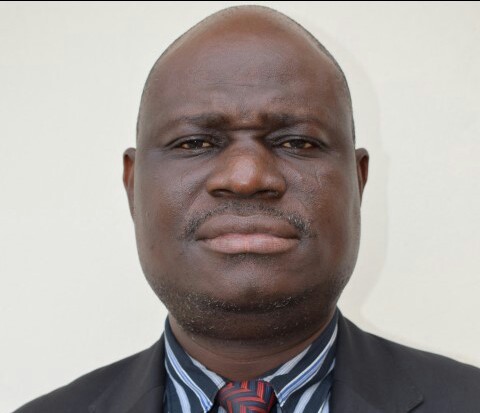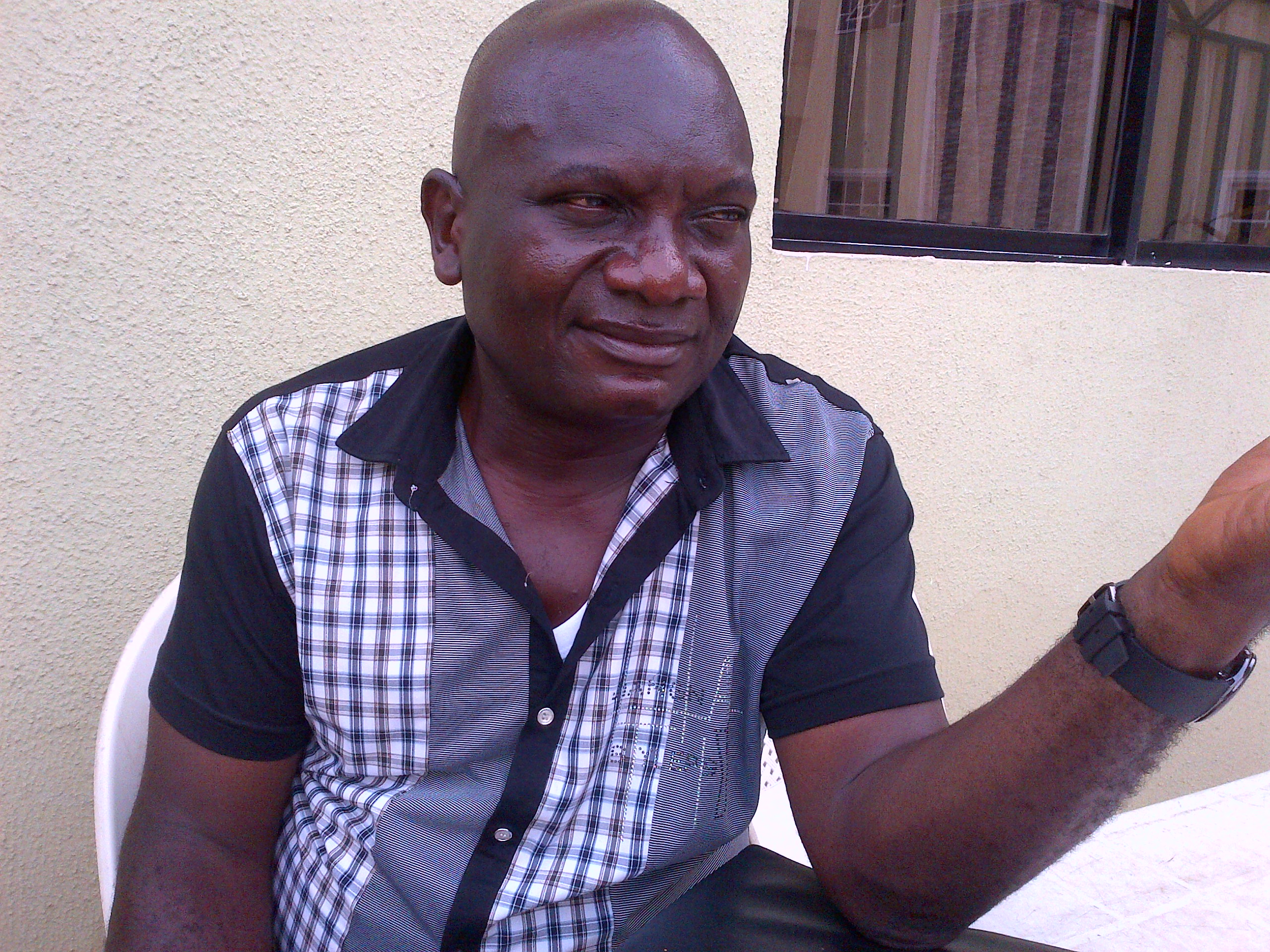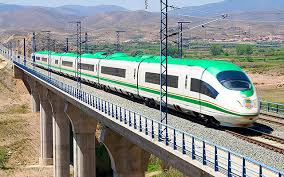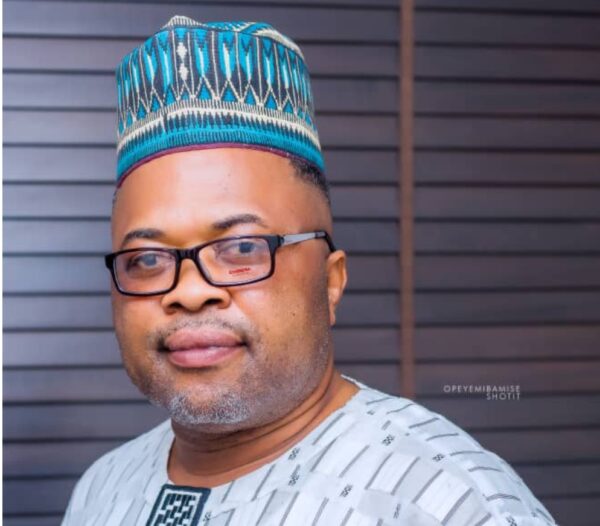Why AIB Wants MOU With Airforce, Navy, Police – Oketunbi

Mr. Tunji Oketunbi is the General Manager, Public Affairs of Accident Investigation Bureau (AIB). In this interview with MMS Plus newspaper, he speaks extensively on how the agency has been able achieve a lot in recent times even as it emerged 2018 MMS Most Purposeful Transport Agency. Oketunbi also eveals the plans of the agency in 2019. Excerpts:
In 2018, the Accident Investigation Bereau (AIB) recorded notable achievements to distinguish itself uniquely, among other agencies in the aviation sector and the transport industry at large? How was the agency able to attain such feat?
We have a leadership that is two years old now. So, on the assumption of office, the commissioner set out to achieve some quick wins. At that time we had quite a number of accident reports that were pending, so he set about trying to get those accident reports released as soon as possible. So by the end of last year, about 38 accident reports were released.
More than 35 reports were pending but by the end of 2018 twenty-two of them had been released. We know that the impact of our reports can only be felt when they are released to the public, especially to the industry to enable operators learn from the report and implement safety recommendations. I would say these achievements was a result of teamwork, dedication by staff, purposeful leadership and support from the Honorable Minister of State for Aviation, Hadi Sirika who continually supported us morally, and also with resources.
We also emphasize training and the members of staff are well trained. Even right now, training and retraining is going on. Some of our investigators just came back from Cranfield University where they went for about six weeks in order to get them equipped and fortified for this kind of job. When they are properly trained, they can compete with any of their counterparts from other parts of the world. We have partnered with other organization outside the country especially in the United States of America (USA).
We have the National Transportation Safety Board (NTSB) which is our counterpart in the USA, International Civil Aviation Organization (ICAO), the Department of Transport in the US, Singapore Aviation Authority and the Transportation Safety Board. All these agencies have supported us massively.
Our safety laboratory is also among the best in the continent and some other part of the world too. Before now, we lacked the in-house capacity to run the laboratory but the management engaged the services of other bodies in the world especially Singapore Aviation Authority. The Singaporean government sent officials to train our staff and we also sent some of our staff to go to Singapore to have hands on experience. So, there are massive trainings going on in order to make sure that we are able to perform our duties effectively.
The agency has also signed a Memorandum of Understanding (MOU) with some universities such as University of Lagos (UNILAG) and University of Ilorin (UI) to maximize the use of our material laboratory in Abuja. We have also tried to get to other organizations to use that laboratory.
AIB has also signed MOU with the Republic of Benin and Republic of Sao Tome and several others are on the line to sign agreement with us. It may interest you to know that we are the only fully fledged body in the west coast that has an independent accident investigation that is fully equipped and staffed. We also have the largest pool of accident investigators and other countries in the region can make use of services at no cost. Generally, we are ensuring that we are relevant to Nigeria and to the global aviation community.
The AIB app was launched in October last year to aid investigations on air craft accidents. What progress has been recorded since the app was launched?
The general public has been accessing it and we have been trying to update the app to improve its user experience. We have also tried to get feedback from people to know what they feel about it and how they have been able to access, download and upload on the app. We have been getting in touch with them and from the feedback that we have been getting, we need to update and revamp it.
The agency has also been engaging social media campaigns to get more people and we have reached quite a number of people. Awareness is also important; so we have re-launched our social media campaign to make sure that more people get to download the app. The more people download the app, the better for us as well as our operations.
We are trying to have that interface with the general public that will help us in investigating accidents. Through the app, we could also send notifications that will get to large number of people. The app will enable the public to reach us very quickly because they can send us photos, videos and information related to air accidents. AIB is trying to leverage on the advanced technology to get its work done.
The Commissioner of AIB, Akin Olateru said that the agency will do more to upgrade its infrastructure and invest on human capital development. To what extent has this been achieved?
Although the year is still young but we are moving towards it. There is an ongoing construction in our office at the moment and I am sure you would have seen it as you were coming in. We are trying to install some equipment that will improve our facility here in Lagos and we are also investing in our laboratory.
Training will also be organized to train our staff on how to use the laboratory and we are looking forward to upgrading our facilities both in Lagos and Abuja. By this first quarter, we should also be opening our regional offices in Enugu and Kano states. The offices are 99% ready; we are just about to get them open. Hopefully, if all the budget and statutory issues are out of the way, then we can be able to get something better.
Concerning the partnership with the Benin Republic Air Accident Investigation, what led to the partnership and how has it benefited the agency?
Nigeria is a big brother in Africa and accident investigation is an international business. No country can do it all. We also rely on other sister organizations across the globe, while some countries also depend on us, so there is need for cooperation.
This is what ICAO is trying to achieve because resources are not evenly distributed among the nations of the world. Like I said earlier, AIB is fortunate to be the only independent and fully fledged accident investigation body in the sub region and some countries within the region have approached us to sign MOUs and we are very glad to do that.
We need to exploit our expertise and improve our knowledge. The more we are serve them, the more experience we get and the better we become in performing our duties. We were also invited by Banjul Accord Group Accident Investigation Agency (BAGAIA) to investigate a crash that occurred in Sao Tome. AIB did the investigation and submitted the report and this has made other countries develop interest in us. The limited resources available there would not enable them investigate their air accidents. AIB is always ready to assist anytime and any day and this is why we are putting a lot in training our staff. We cannot afford to disappoint those who rely on us and we want to provide accurate and timely reports too. Those guys you saw are our investigators and they just came back from Cranfield University. Although they have been well trained here in the country at the Nigerian College of Aviation Technology (NCAT) in Zaria, they have also been trained by international facilitators.
AIB is doing quite well but can you tell us about some of the challenges that the agency is facing?
We all have challenges and even our country, Nigeria has its own challenges too. So, AIB cannot be without its challenges either. The major challenge is fund. We do not have enough funds to undertake some particular projects that will improve the agency although we are still doing some things already, but we need more funds.
Another issue is the continuous training of our staff. The agency has to keep training to be on top of its game and we have to be abreast of what is going on globally. We also need bigger and better infrastructure to enable us promptly get to the scene of any occurrence and produce our reports as quickly as possible. These are some of the challenges we are facing but we believe that as time goes on, we will be overcoming them one by one. Regardless of these problems, the agency is not relaxing or relenting, we are confronting these challenges every day.
Although a preliminary report has been released about Osinbajo’s helicopter crash, can you update us about the recent development?
The investigation is ongoing and we have gone beyond what was released at that time. However, we have to wait until we have put them together as we cannot release them in bits.
What are the plans for the agency in 2019?
In 2019, we want to be better, bigger and also we want to clear the remaining outstanding investigations and release the report to the public. We also intend to sign an MOU with the Air force, Navy, Police and some other agencies that their activities are related to ours. They are very critical to what we do and AIB is looking forward to partnering with them this year.
In developed countries, emergency response to aviation accident seems to more swift than here in Nigeria. Can you compare?
There are a lot of factors that are interwoven such as technology, air transport, road and other factors as well. It’s just like saying why is it that our roads are not as good as the ones outside the country. These are infrastructural constraint but I think these are the things that we can overcome.







